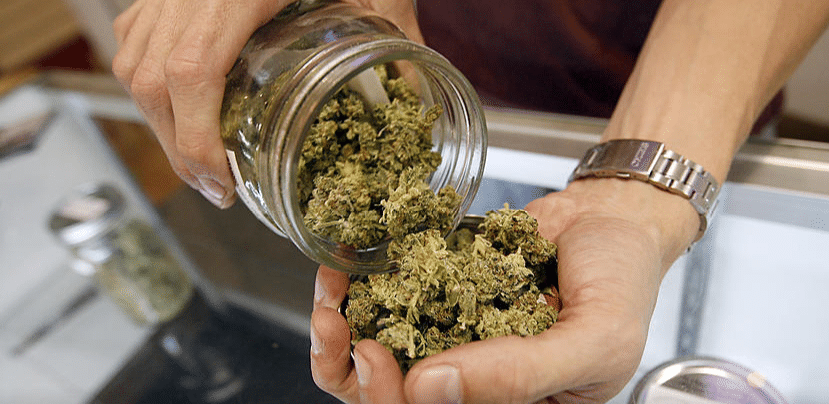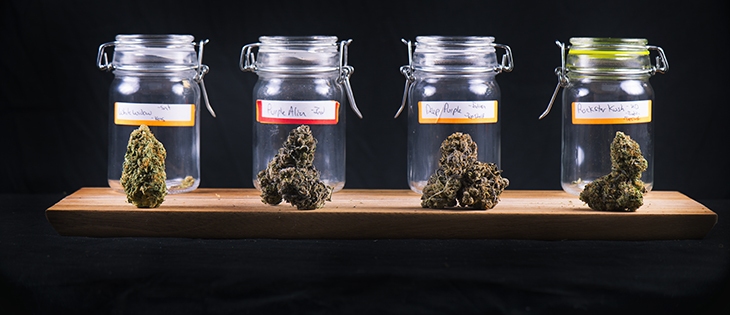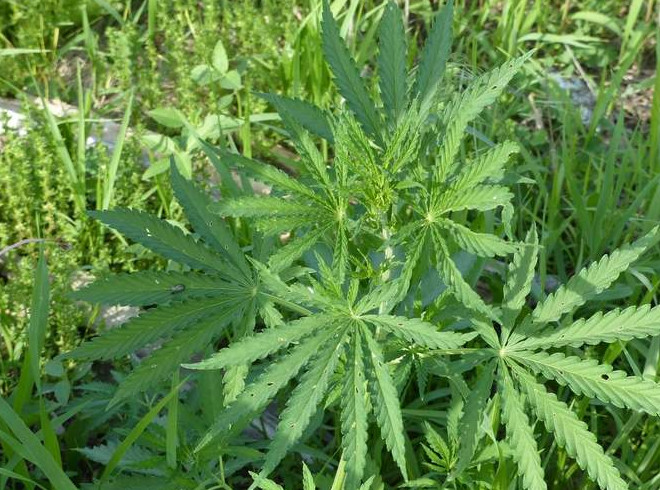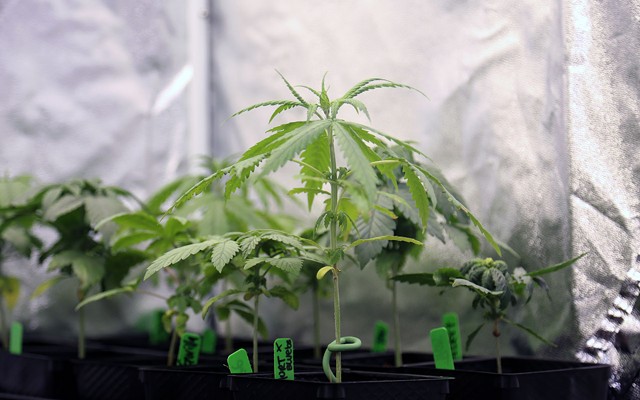At least for now, recreational marijuana seems to have been snuffed out in Connecticut’s legislature, and the campaign to legalize pot is facing a variety of delays and potential roadblocks in other New England states.
But that doesn’t mean this region’s momentum toward legal pot has completely stalled, and its supporters in Connecticut say developments in neighboring states could help revive recreational marijuana’s chances in the legislature.
Massachusetts and Maine voters last year approved recreational marijuana, and both states are now debating exactly how to put legalization into effect next year.
Rhode Island lawmakers who support legal marijuana legislation insist they have the votes to pass it and are talking about allowing recreational pot sales even before Massachusetts is ready in mid-2018.
In Canada, Prime Minister Justin Trudeau last week moved to fulfill one of his campaign promises by introducing legislation to legalize recreational marijuana. According to news reports, Canada appears likely to become the second nation in the world after Uruguay to make pot legal.
The pro-pot campaign appears to be moving more slowly in Connecticut, Vermont and New Hampshire. But one lawmaker says it could be revived.
Connecticut’s legalization bill this month failed to win approval from a key General Assembly committee. In addition to the opposition of Gov. Dannel P. Malloy, several top Democratic and Republican legislative leaders have said they don’t believe there’s anywhere near enough support among lawmakers to get the marijuana proposal to a vote in the House or Senate.
But supporters of legal pot believe Connecticut’s brutal $1.7 billion state budget deficit could change many lawmakers’ minds in the next few weeks. The Senate’s top Democrat, Martin M. Looney of New Haven, said the recreational marijuana bill could be revived “should there be a revenue gap that needs to be addressed … in crunch time of our budget negotiations.”
Looney said legislative scenarios tend “to get more fluid then, and people start taking a second look at things they rejected earlier.”
Sam Tracy, director of the Connecticut Coalition to Regulate Marijuana and the Connecticut representative of the Marijuana Policy Project, agrees. Tracy said the marijuana bill’s chances to make a comeback could well improve “as more and more options on the budget are taken off the table.”
Tracy also said the fact that pot will be legally on sale in Massachusetts — and possibly in Rhode Island — next year will provide added pressure for Connecticut to act.
“Absolutely it will,” agreed Looney. He said lawmakers here are well aware that there “will be lots of people from Connecticut going into those states to buy marijuana,” and know that could cost millions in lost tax revenue.
Vermont lawmakers, like their Connecticut counterparts, now appear to be balking at passage of marijuana legalization. Vermont House leaders took a pot bill off their agenda because of lack of support. That measure would have legalized only home-grown marijuana, according to Tracy.
Leaders of the Vermont Senate were quoted last week as saying they don’t believe a pot bill could pass their chamber.
New Hampshire lawmakers have already rejected a pot legalization bill this year, and they are only now getting ready to decriminalize small amounts of marijuana — a step Connecticut took in 2011. In March, the New Hampshire House voted 318-36 in favor of decriminalization, and Senate approval appears likely.
In Maine, legislators voted to delay implementation of most portions of that state’s legalization bill until Feb. 1, 2018. The Maine legislation includes provisions that will allow employers to ban marijuana usage or possession on the job, but prohibits employers from refusing to hire someone “solely because that person consumed marijuana outside the employer’s property.”
The delay in implementation is intended to give Maine officials time to create a licensing procedure and regulations for retail sales of marijuana.
Massachusetts is now set to have legal pot sales by July 2018. The marijuana referendum approved by voters last year calls for a state sales tax of 6.25 percent and an excise tax of 3.75 percent, with Massachusetts cities and towns having the option to levy another 2 percent local tax.
In communities that opt for the local tax, the overall pot tax rate would be 12 percent, but a number or Massachusetts legislators are pushing for significantly higher state taxes on marijuana.
The existing Massachusetts law would make it legal for anyone age 21 or older to possess up to 10 ounces of pot in their home and up to one ounce outside their residence. Residents would also be able to legally grow up to 12 plants per household. There are proposals to raise the Massachusetts legal age for pot to 25.
Rhode Island appears ready to move fairly quickly toward legal recreational pot, according to pro-marijuana activists. “It does seem to have broader support in Rhode Island,” said Tracy. “It’s never a sure thing, but if anyone’s going to do it soon, it’s going to be Rhode Island.”
But the Providence Journal reported this week that Rhode Island Gov. Gina Raimondo is urging lawmakers to wait on legalization until after March 2018, when she hopes that a state study on the pros and cons of legal pot could be completed.
Despite the marijuana momentum in places like Massachusetts and Canada, legalizing recreational pot has gained little traction in New York’s legislature.
credit:courant.com













